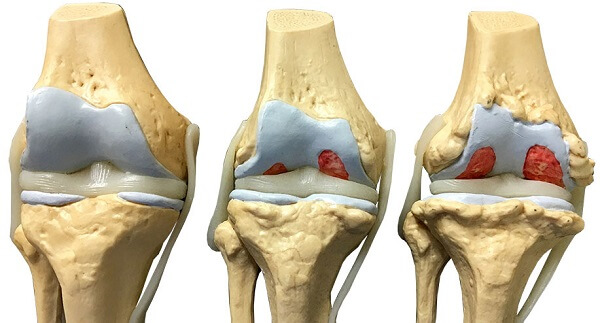Asperger’s Syndrome
Asperger’s Syndrome, often referred to as Asperger’s or AS, is a neurodevelopmental condition that’s part of the autism spectrum disorders (ASD). People with this condition experience a range of developmental challenges, including difficulties with social interactions, emotional expression, and a tendency to stick to repetitive routines. They may also have unique speech and language patterns.
The syndrome was first identified in 1944 by Hans Asperger, a pediatrician from Vienna. He described it as a type of childhood psychopathy. By the 1980s, this condition was officially recognized as Asperger’s Syndrome, named after Asperger himself. However, distinguishing Asperger’s Syndrome from high-functioning autism remains a challenge, as both share many similar symptoms. This ongoing debate means that researchers are still trying to pinpoint the exact causes of Asperger’s Syndrome.
Among the various autism spectrum disorders, Asperger’s Syndrome shows similarities with others like Pervasive Developmental Disorder (PDD) and Broad Autism Phenotype (BAP). Typical characteristics include difficulty with social interactions, unusual speech patterns, and a strict adherence to routines. People with Asperger’s may also struggle with motor coordination, appearing clumsy or poorly dressed, and have trouble reading social cues and body language. These challenges often start in childhood and can persist into adulthood.
Key Symptoms of Asperger’s Syndrome:
- Social Interaction: Individuals with Asperger’s Syndrome often struggle with forming and maintaining relationships. They might lack empathy and be disinterested in sharing experiences or participating in social situations. They may not understand societal norms and often display unusual behaviors such as odd facial expressions or non-smiling faces. Conversations may be one-sided, with a tendency to use overly formal or pedantic language, making them poor listeners.
- Restricted Interests and Behaviors: People with Asperger’s have a strong preference for routine and may become distressed if their schedules are disrupted. They often develop intense interests in specific subjects and excel in those areas, though they may struggle with other topics. They may also exhibit repetitive motor behaviors such as hand-flapping or rocking.
- Communication Challenges: While they usually develop language skills at a typical rate, individuals with Asperger’s may struggle with using words appropriately and understanding subtle differences in tone, pitch, and accent. Their speech may be overly formal or pedantic, and they might have difficulty keeping others engaged in conversation due to a lack of varied intonation and frequent topic changes.
- Other Symptoms: Sensory sensitivities are common, affecting how individuals experience touch, smell, hearing, and sight. Some may also face issues with attention and sleep.
Causes of Asperger’s Syndrome:
The exact causes of Asperger’s Syndrome are still being studied. Many researchers believe genetics play a significant role, while others suggest that mental health conditions like depression or bipolar disorder could be linked. Some studies have explored birth defects or environmental factors as potential contributors. Neuroanatomical research suggests that abnormal migration of embryonic cells during fetal development might influence thought and behavior patterns later in life.
Though the distinction between Asperger’s Syndrome and other autism spectrum disorders is still debated, ongoing research continues to explore the unique mechanisms behind Asperger’s.



